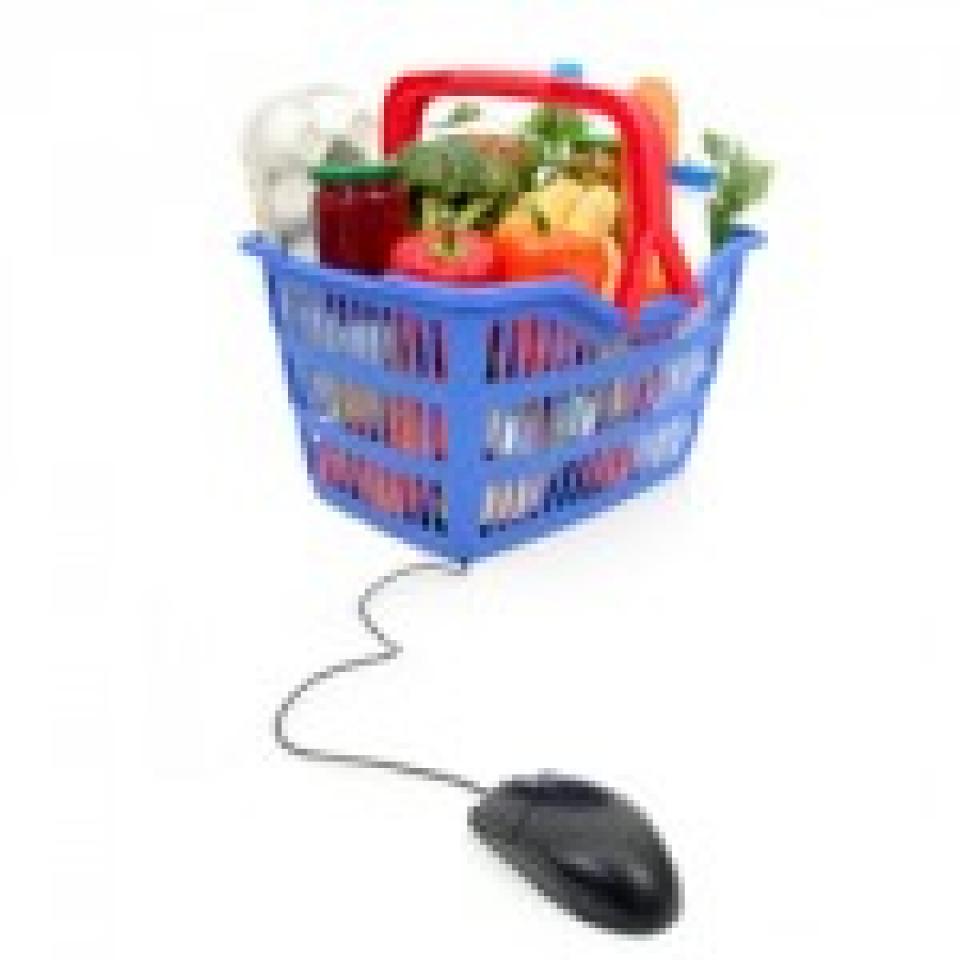Australian online grocery retailers have been happy beneficiaries of Coles and Woolworth’s shift to private label brands, saying there is no shortage of manufacturers willing to sell their brands through the websites, according to the Sydney Morning Herald.
“We find that there is no shortage of suppliers or offers from every major grocery distributor in the Australian scene,” said Grocery Run’s chief Gabby Leibovich, who confirmed that his company purchased goods from Heinz Australia.
The revelation comes as US-based Heinz criticised Coles and Woolworth’s for flooding the market with private brand labels, which squeezed the profits of the name-brand food makers. Heinz has been forced to shut a factory this year in response to the withering competitive environment, made worse by Australia’s strong dollar.
But the availability of grocery stock from manufacturers has helped CatchoftheDay-owned GroceryRun.com.au boost its offering from a twice-a-week discount grocery deal site in September to a 24-7 operation earlier this month, said Leibovich.
Online-only grocery sales are still just a sliver of the AUD$80 billion a year sector, but the growth in low-cost business has been rapid.
Grocery Run generated $1 million a month when it sold goods only two days a week. It currently has 300,000 members and 50,000 followers on Facebook and sells up to 10,000 orders a day in which the average consumer buys 17 items.
Rival online grocery retailer OffYourTrolley.com.au said they had featured Heinz product on their site before although it was not purchased directly from the manufacturer.
“We are seeing more and more manufacturers embrace online as a way to address some of the challenges they face as a result of the Coles and Woolworths ‘duopoly’ and private label focus,” said Stacey Carlon, co-founder of one of Off Your Trolley.
The willingness of food distributors contrasted with the reluctance Catchofthe Day had encountered from electronics and bulky good suppliers, Leibovich said. Those suppliers had resisted online-only retailers for fear of narrowing their profits or damaging exclusive distribution relationships to established retailers.
The cheaper online business model allows those retailers to undercut the prices asked by established retailers, which must cover higher costs for real estate, labour and advertising.
“A lot of the local suppliers are still ‘old-school’ and are scared of repercussions from muscle-y retailers, and in many cases still haven't caught up with the potential of online sales,” he said. More at Sydney Morning Herald


